Repairs: how feasible are they?
random_pup
15 years ago
Related Stories

FUN HOUZZHouzz Call: Tell Us About Your Dream House
Let your home fantasy loose — the sky's the limit, and we want to hear all about it
Full Story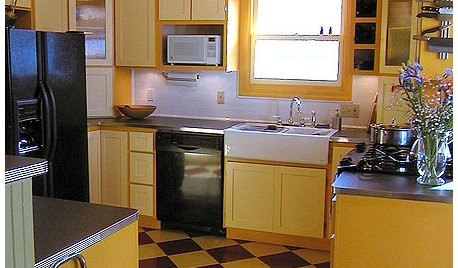
KITCHEN DESIGNKitchen Remodel Costs: 3 Budgets, 3 Kitchens
What you can expect from a kitchen remodel with a budget from $20,000 to $100,000
Full Story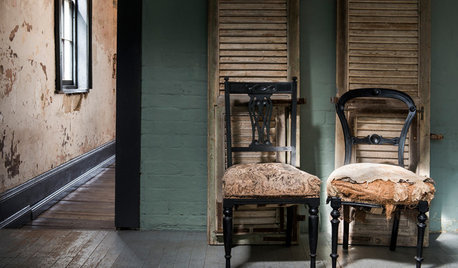
REMODELING GUIDESThe Hidden Problems in Old Houses
Before snatching up an old home, get to know what you’re in for by understanding the potential horrors that lurk below the surface
Full Story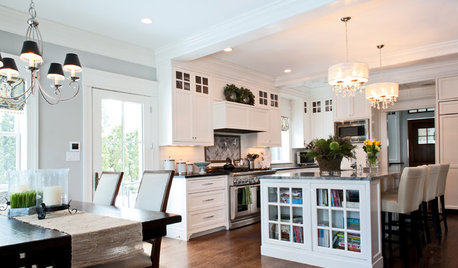
HOUZZ TOURSMy Houzz: Goodwill and Good Taste in a Grand Colonial
Welcoming the community for charity fundraisers and more, this Massachusetts home radiates graciousness
Full Story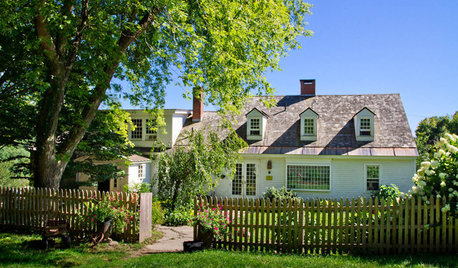
LIFECreate a 'Forever House' Connection
Making beautiful memories and embracing your space can help you feel happy in your home — even if you know you'll move one day
Full Story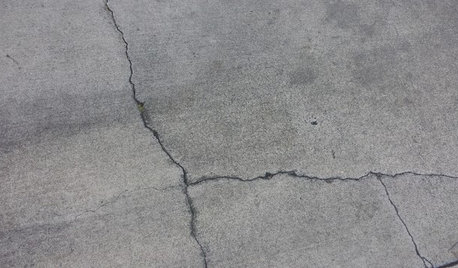
CONCRETEWhy Concrete Wants to Crack
We look at the reasons concrete has a tendency to crack — and what you can do to help control it
Full Story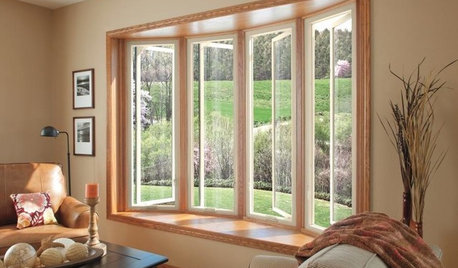
GREAT HOME PROJECTSUpgrade Your Windows for Beauty, Comfort and Big Energy Savings
Bid drafts or stuffiness farewell and say hello to lower utility bills with new, energy-efficient windows
Full Story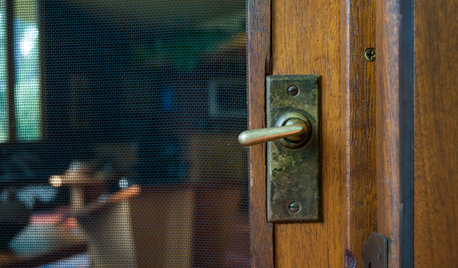
REMODELING GUIDESOriginal Home Details: What to Keep, What to Cast Off
Renovate an older home without regrets with this insight on the details worth preserving
Full Story
SMALL HOMESA 1970s Avion Camper Gets a New Groove
Goodbye, shag; hello, fab! Fresh white paint and cheery fabric turn an original mobile camper into a bright and airy vacation home
Full Story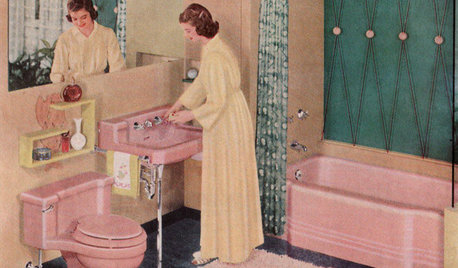
MOST POPULARHomeowners Give the Pink Sink Some Love
When it comes to pastel sinks in a vintage bath, some people love ’em and leave ’em. Would you?
Full Story





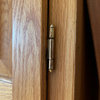


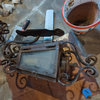
joed
blindstar
Related Professionals
Emeryville Kitchen & Bathroom Remodelers · Trenton Kitchen & Bathroom Remodelers · Eagan General Contractors · Peoria General Contractors · Wheeling General Contractors · Baton Rouge Painters · Birmingham Painters · Crestwood Painters · Encinitas Painters · Fort Washington Painters · Gretna Painters · Hollywood Painters · Laurel Painters · South Boston Painters · Wichita Paintersjustnigel
User
turnage (8a TX)
lucy
davidandkasie
steve1234